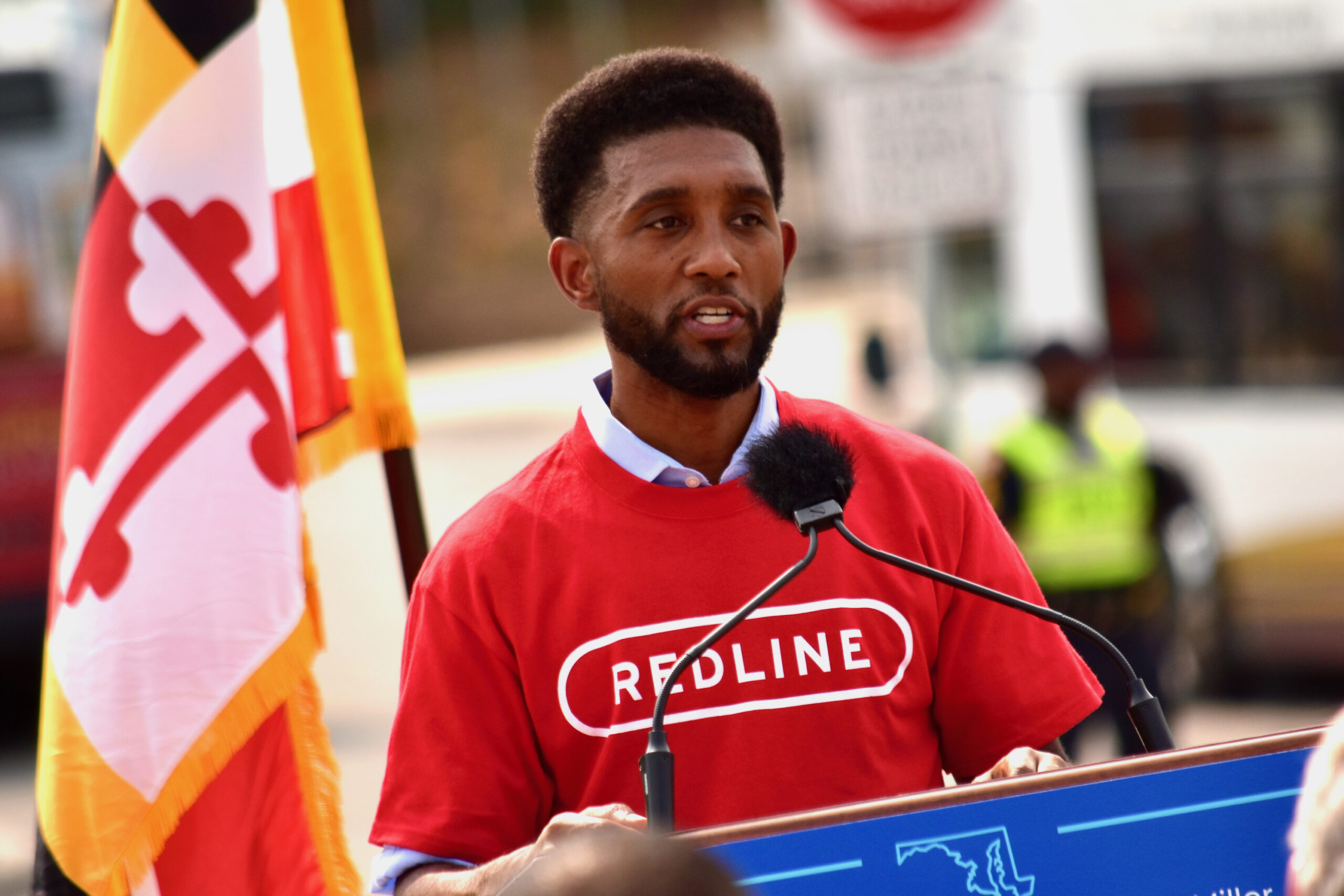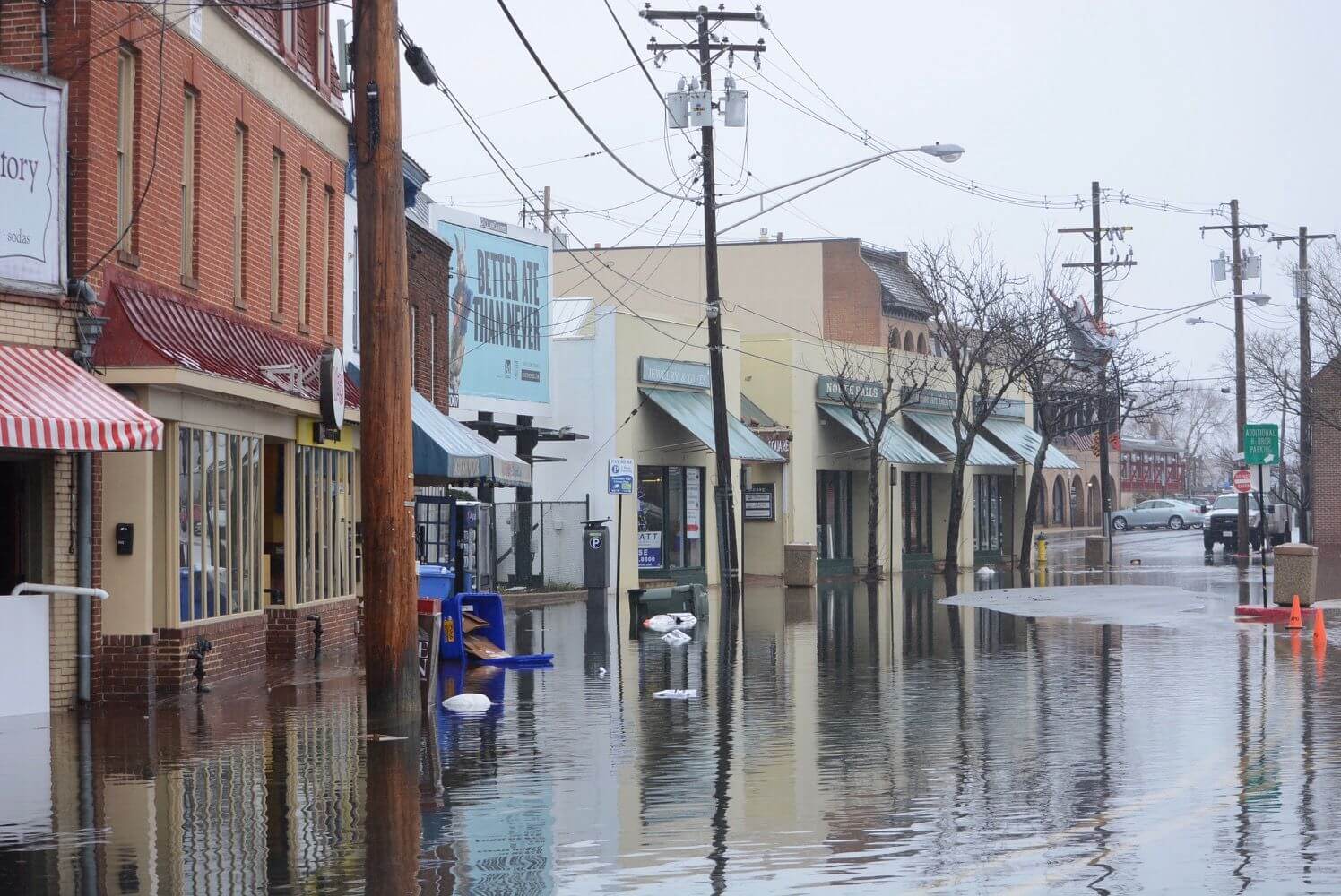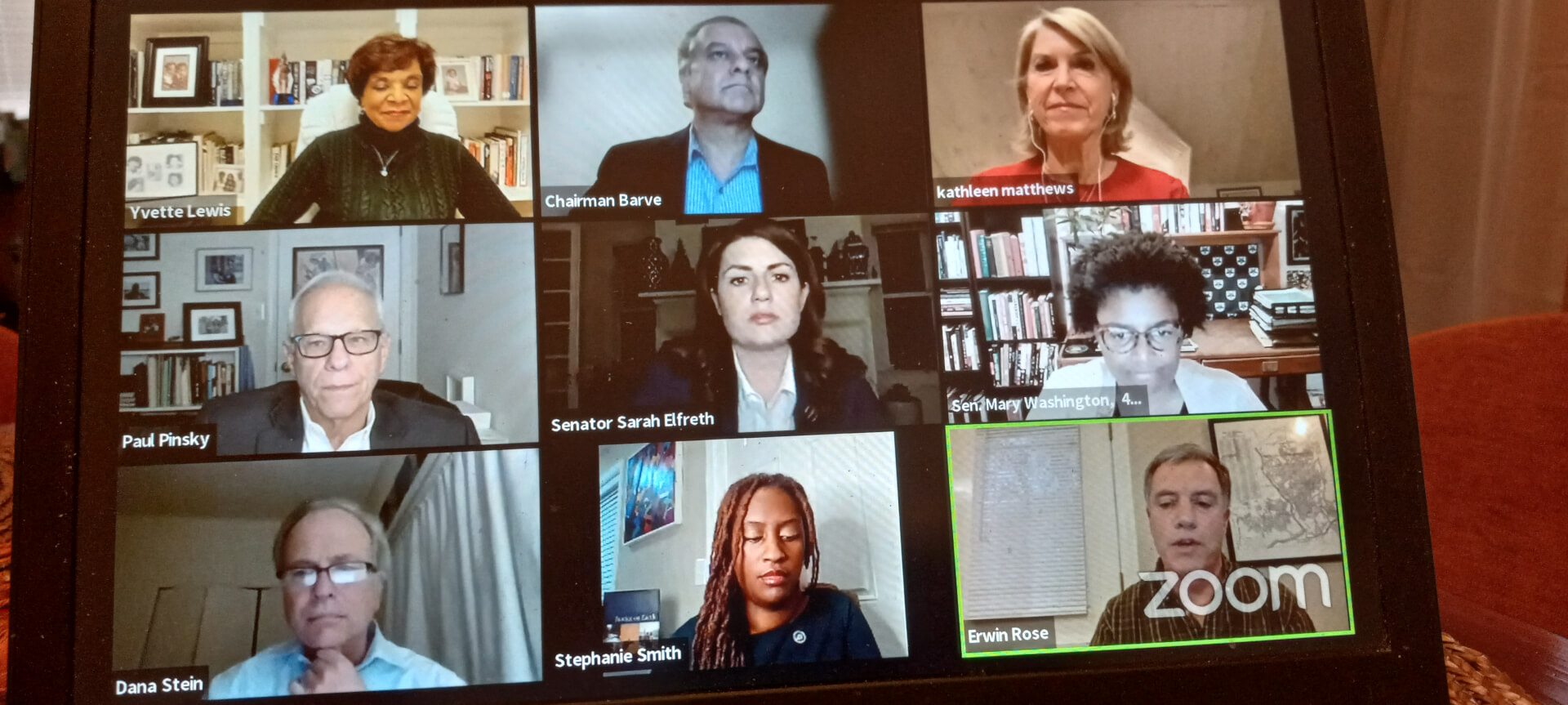Abell Foundation: Digital Divide for Baltimore Wider Than Other Cities

More than a third of households with children in Baltimore lack a wired internet connection and more than a quarter don’t have access to a desktop or laptop computer ― an inequity highlighted as students have been studying from home since mid-March.
An Abell Foundation report released this week concluded that the city lagged behind the country as a whole when it comes to internet access conducive to learning at home.
About 19,200 households with children in the city lack a wired, reliable internet connection and more than 15,000 households with children do not have access to a computer, according to the study.
About 8,900 households in Baltimore with children have no access to broadband, meaning at least a smartphone.
The study’s author, John B. Horrigan, concluded that households in the city, particularly those at lower income levels, were slower to gain access to wired broadband services and computers than the nation as a whole.
If the city had trended more like the rest of the country, thousands more homes would have access to higher quality internet service at home, Horrigan wrote.

Abell Foundation graphic
He highlighted the national push for a “connectivity stimulus” to address digital inequality, with funding and programs needed at both the federal and city levels.
Last month, the Baltimore City Council approved the transfer of $3 million from the Baltimore Children and Youth Fund to provide additional devices and internet access for students.
Baltimore City Public Schools said the funding would pay for about 3,500 additional Chromebooks, in addition to the 25,000 the school system is already in the process of distributing.
The Abell report analyzed Baltimore in comparison to 32 other cities, half of them with populations larger than Baltimore and half of them smaller.
Baltimore trailed cities including Washington, D.C., and Pittsburgh when it comes to internet connections at home. The only cities with lower connectivity rates included in the study were Milwaukee, Cleveland, Memphis and Detroit.
In 2018, about 65.3% of Baltimore City homes with children had access to wired internet, compared to 83.8% nationally. About 72.7% of homes with children in the city had a desktop or laptop computer, compared to 83.8% nationwide.
Within the city, there were sizable differences in internet access along socioeconomic lines.
Half of African American households and less than half of Hispanic ones had wired broadband access, compared to 75% of white households.
About 43% of families with incomes lower than $25,000 have wired internet access, compared to 87.2% for families that made more than $150,000. About 44% of the lowest-income households with children have access to computers, compared to more than 92% of the highest-income children.
To close the digital divide, Horrigan suggested that the city of Baltimore could invest in local programs to distribute laptops to families in need, enhance tech support and training programs, and focus city government to make digital equity a government priority. Federally, lawmakers can increase subsidies and training programs, including through federal stimulus efforts, changes to existing programs and standalone legislation.
The Abell study built on a 2017 study on digital access and equity in Baltimore by the Robert W. Deutsch Foundation and the Media Democracy Fund.




 Creative Commons Attribution
Creative Commons Attribution